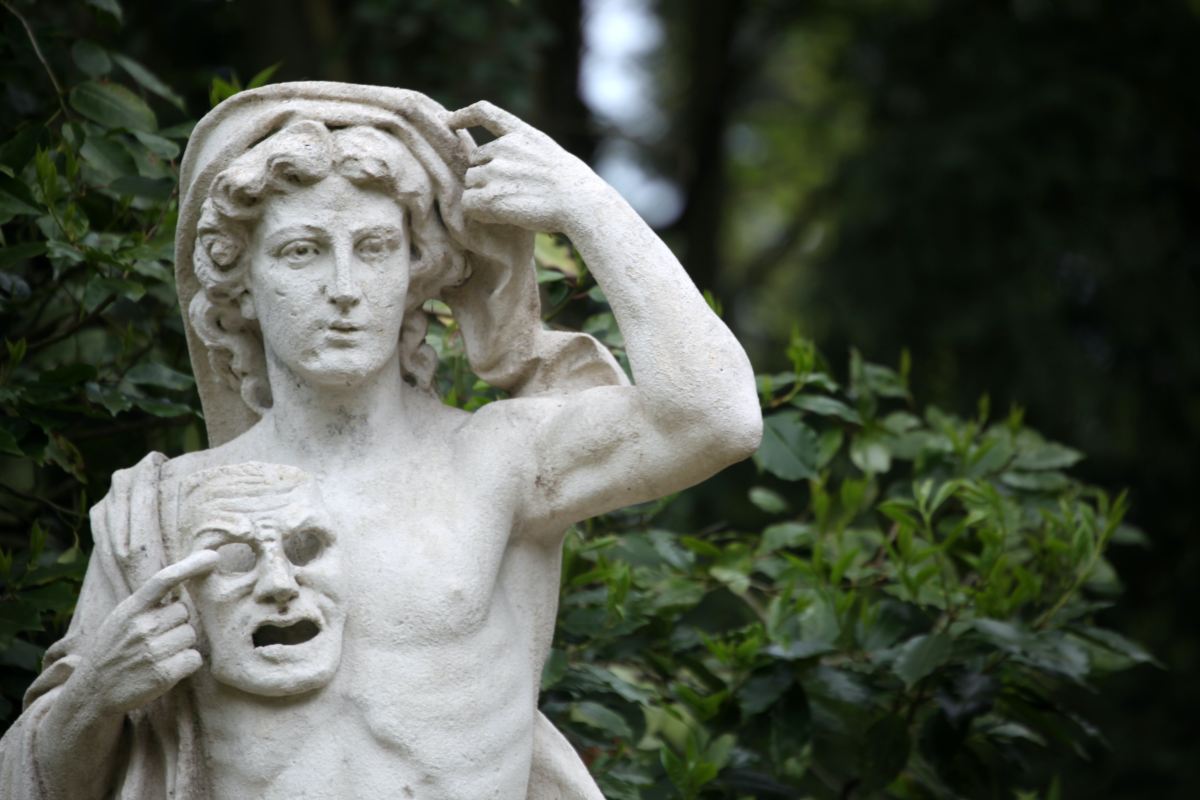The story of governments and the arts is complex and varied. As we know, governments have different roles, priorities and ideologies that influence their relationship with arts and culture. The relationship between governments and arts and culture can be both positive as well as negative. While the arts can have a low profile politically, they can also exert influence in a way that is significant. Historically, governments have used the arts to pursue their own objectives. This has meant that some arts activities are preferred over others and artists are expected to conform to certain expectations to receive both funding and acknowledgement. Using the arts for political means is not confined to one political system; it is evident in all systems.
While governments can exert largesse towards the arts, and encourage activities to happen that may not occur otherwise, they can also control and censor arts practice in a manner that is destructive of not just freedom of expression, but the art practice itself. Dealing with the arts and artists requires sensitivity from those in power, where they show respect and generosity rather than disapproval or judgement.
In addition, it is time that the arts are valued for themselves and not only for what they can do for other sectors. It seems that governments are embarrassed, at times, to be seen supporting arts practice, so that they then need to frame it within another model, where arts practice is not the end but the means.
Instead governments should see that supporting arts practice is a privilege and something to celebrate, and not just a method for attaining other goals.
Australia is a country of immense wealth with an extraordinary cultural heritage. Instead of denying or ignoring this, all governments should reflect on ways that they can support and build on our cultural heritage, as well as how they can contribute to the growth of more. The history of government involvement in the arts in Australia has many different aspects to it.
Individual impacts on the arts
There are times when a combination of circumstances such as an inspired politician or bureaucrat contributes to significant inroads into understanding how important arts and culture are in the national framework. These individuals have made an enormous contribution to the progress of arts and cultural practice in the country and particularly the government support of it. On the other side there have also been individuals, particularly politicians, who have either been unsympathetic or somewhat self-serving in how they perceive they should contribute to arts and cultural development. It is evident too, that the colonial history of Australia has played a negative role in understanding and respecting the culture of others.
Finding a correct model for government support of the arts is not possible. It will always be flawed by the human element, as well as other factors, such as political ideology and partisan politics. But it is important that government recognises how significant it is to contribute to the development of arts and culture within a national framing. Australia can afford to be generous in this respect, given the natural wealth of the country, as well as the existing individual wealth. But it isn’t about just being charitable; it is also about recognising that if government makes a contribution to arts development, the outcomes of that can exist forever. Australia is a small nation population wise and is often dominated by larger nations in terms of culture and influence. Hence, supporting a national cultural and arts sector is critical, in terms of creating and maintaining our national cultural identity.
It is also critical that governments realise that artists and cultural workers are people who make an extraordinary contribution to a nation and deserve to be celebrated and supported. Within a modern capitalist state, particularly under the influence of factors such as economic rationalism and managerialism, success is constantly measured by how much profit is earned. Intangible outcomes are not given sufficient value within this framing.
Yet the value of being deeply moved by listening to music or witnessing a theatre performance, or seeing a unique visual image, can never be underestimated. In addition, having the opportunity as a young person to learn about the arts and our rich culture, can transform one’s life, and enrich it in many significant ways.
Our nation also needs to pay attention to its cultural history and ensure that records are kept for those who follow us. The preservation of our cultural heritage, particularly that of our Indigenous people, is critical both for the nation and for the world.
Sadly, reconciliation has been stalled by the results of the recent referendum, but for progress to occur, we need the voices and actions of enlightened governments, politicians and bureaucrats to ensure that the nation has the systems and policies in place that will support the growth of our unique arts and cultural identity.
(This is an edited excerpt of Josephine Caust’s Art and Politics Government and the Arts in Australia: A Historical and Critical Analysis Routledge, UK 2024 P. 235-238).





